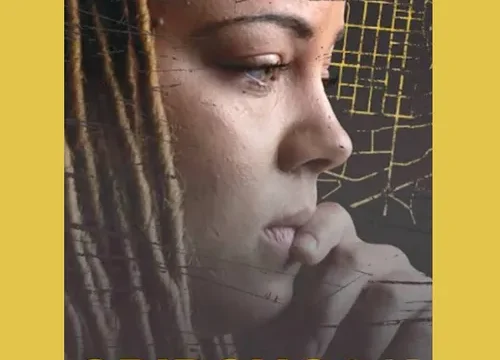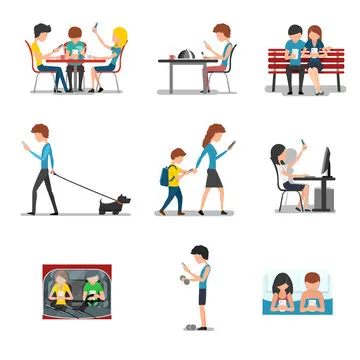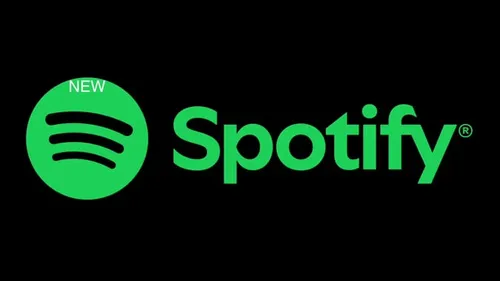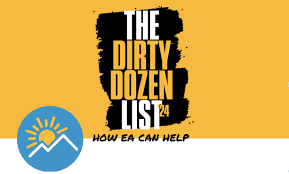
OnlyFans
A sports website? Spoiler alert - it’s not. And it’s really unsafe for you and your family. OnlyFans is a website where users can upload content and offer it to the public for a set price. While some of the content is good, 98% of it is sexual in nature. The world today is hypersexual; therefore it is easy to offer sexual content at a premium price, due to the appetite for the general public to view that type of content. In some cases, the uploader can be persons we are familiar with; a friend, coworker, or even a relative. Persons uploading content to OnlyFans are often using OnlyFans content as a source for supplemental income. Some uploaders are making large amounts of money from the content they upload. OnlyFans…









